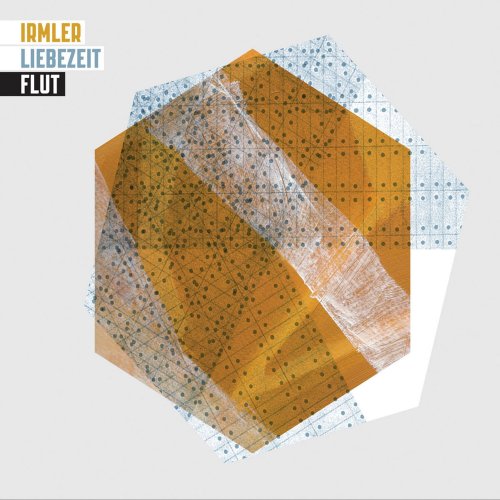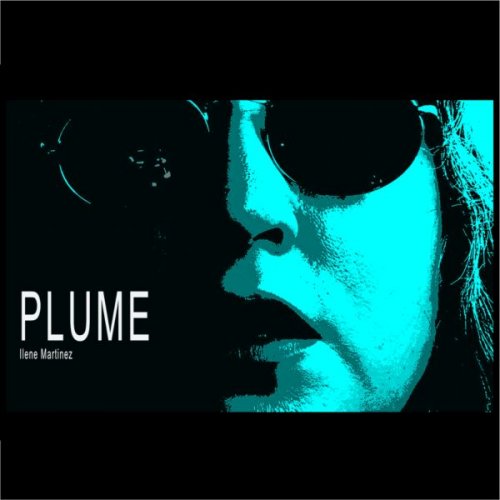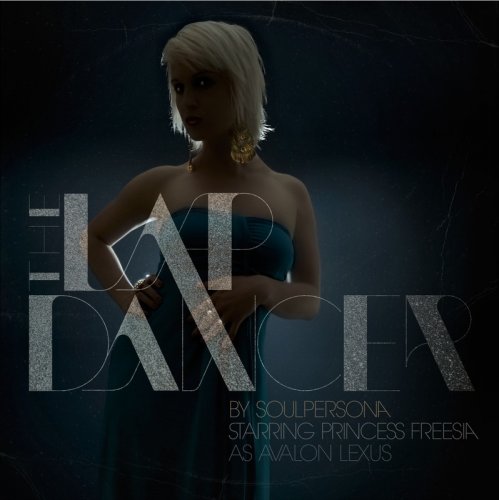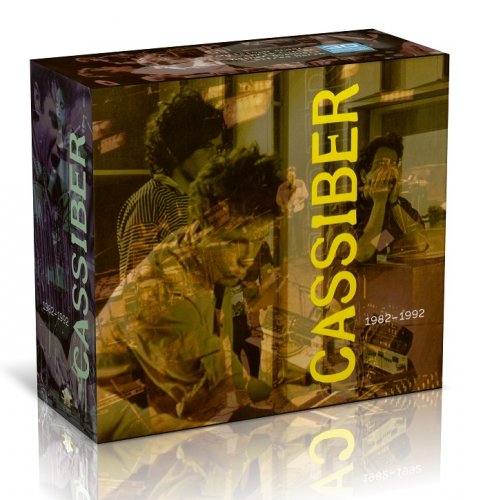Hans Joachim Irmler & Jaki Liebezeit - Flut (2014)

Artist: Hans Joachim Irmler, Jaki Liebezeit
Title: Flut
Year Of Release: 2014
Label: Klangbad
Genre: Electronic, Krautrock, Future Jazz
Quality: FLAC (tracks)
Total Time: 45:02 min
Total Size: 278 MB
WebSite: Album Preview
Tracklist:Title: Flut
Year Of Release: 2014
Label: Klangbad
Genre: Electronic, Krautrock, Future Jazz
Quality: FLAC (tracks)
Total Time: 45:02 min
Total Size: 278 MB
WebSite: Album Preview
01. Amalgam (09:45)
02. Golden Skin (07:21)
03. Ein Perfektes Paar (05:31)
04. Sempiternity (10:15)
05. Washing Over Me (06:10)
06. König Midas (06:05)
FLUT adds another chapter to Irmler’s collaborations, which aim to explore, whenever possible, the hidden potential that lies dormant in the clash between prepared organ and drums. The series includes previously-published collaborations with Gudrun Gut (programmed beats), with FM Einheit’s percussive bass-string playing, and with Christian Wolfarth’s uncategorizable drumming, pushing the limits of harmony and tuning to ever more complex results.
A special energy is released through the clash between Irmler, one of Krautrock’s main driving forces ever since his work with Faust, and his sparring partner Jaki Liebezeit, the living legend from Can, whose unrivalled hypnotic drumming has earned him a reputation as one of the most avant-garde percussionists, and as a human drum machine. Says Jochen Irmler: "I started jamming with Jaki as a means to play the organ very differently. On one hand he challenged me, on the other we shared an almost ESP-like non-verbal communication. A new horizon had opened up (before us)."
One hears elements of this statement in the piece "Sempiternity" and in the subsequent "Washing Over Me", where organist and drummer create a synergy greater than its parts; a trio rather than a duo seem to be at work. The effect is partly conjured by Irmler’s touch; is distorted right-hand melodies often sound like electric guitar, while his left hand finds unusual ways to elicit organ-like chord structures.
Irmler’s relentless sonic clusters crash spectacularly against Jaki Liebzeit’s drums. Always stoic at their core, Liebzeit’s rhythms are struck with playful outbursts of groove, especially on the cymbals. Here we see a minimalist with an extremely controlled love of collisions at work. Repetition and its minute refinements are transferred with great discipline in a stream of consciousness that both sets the stage and upstages his opponent.
"We play without notes. In places where notation systems do not exist, the rhythm holds a much more dominant role in music, for example as is the case in Africa. Here people make music differently than those who think in terms of notes and bars. Musical bars are like prison bars. Playing without notes means that you must play repetitively, and repetition is rhythm. At the same time repetition does not really exist here, because you never (quite) play the same thing (twice)." (Jaki Liebezeit)
Through three consecutive days of noon-to-night sessions in July 2013, Irmler and Liebzeit recorded a hhypnotic maelstrom of an album. They contemplated the Danube between takes, and felt the sun sink daily over their endless improvisations. Always another stream, never the same river.
A special energy is released through the clash between Irmler, one of Krautrock’s main driving forces ever since his work with Faust, and his sparring partner Jaki Liebezeit, the living legend from Can, whose unrivalled hypnotic drumming has earned him a reputation as one of the most avant-garde percussionists, and as a human drum machine. Says Jochen Irmler: "I started jamming with Jaki as a means to play the organ very differently. On one hand he challenged me, on the other we shared an almost ESP-like non-verbal communication. A new horizon had opened up (before us)."
One hears elements of this statement in the piece "Sempiternity" and in the subsequent "Washing Over Me", where organist and drummer create a synergy greater than its parts; a trio rather than a duo seem to be at work. The effect is partly conjured by Irmler’s touch; is distorted right-hand melodies often sound like electric guitar, while his left hand finds unusual ways to elicit organ-like chord structures.
Irmler’s relentless sonic clusters crash spectacularly against Jaki Liebzeit’s drums. Always stoic at their core, Liebzeit’s rhythms are struck with playful outbursts of groove, especially on the cymbals. Here we see a minimalist with an extremely controlled love of collisions at work. Repetition and its minute refinements are transferred with great discipline in a stream of consciousness that both sets the stage and upstages his opponent.
"We play without notes. In places where notation systems do not exist, the rhythm holds a much more dominant role in music, for example as is the case in Africa. Here people make music differently than those who think in terms of notes and bars. Musical bars are like prison bars. Playing without notes means that you must play repetitively, and repetition is rhythm. At the same time repetition does not really exist here, because you never (quite) play the same thing (twice)." (Jaki Liebezeit)
Through three consecutive days of noon-to-night sessions in July 2013, Irmler and Liebzeit recorded a hhypnotic maelstrom of an album. They contemplated the Danube between takes, and felt the sun sink daily over their endless improvisations. Always another stream, never the same river.





![Sonny Rollins - Alfie (Original Music From The Score / 2025 Remaster) (1966) [Hi-Res] Sonny Rollins - Alfie (Original Music From The Score / 2025 Remaster) (1966) [Hi-Res]](https://www.dibpic.com/uploads/posts/2025-11/1763198656_cover.jpg)


![The Westerlies - Songbook, Vol. 3 (2025) [Hi-Res] The Westerlies - Songbook, Vol. 3 (2025) [Hi-Res]](https://www.dibpic.com/uploads/posts/2025-11/1763038664_dzteszei3be8a_600.jpg)